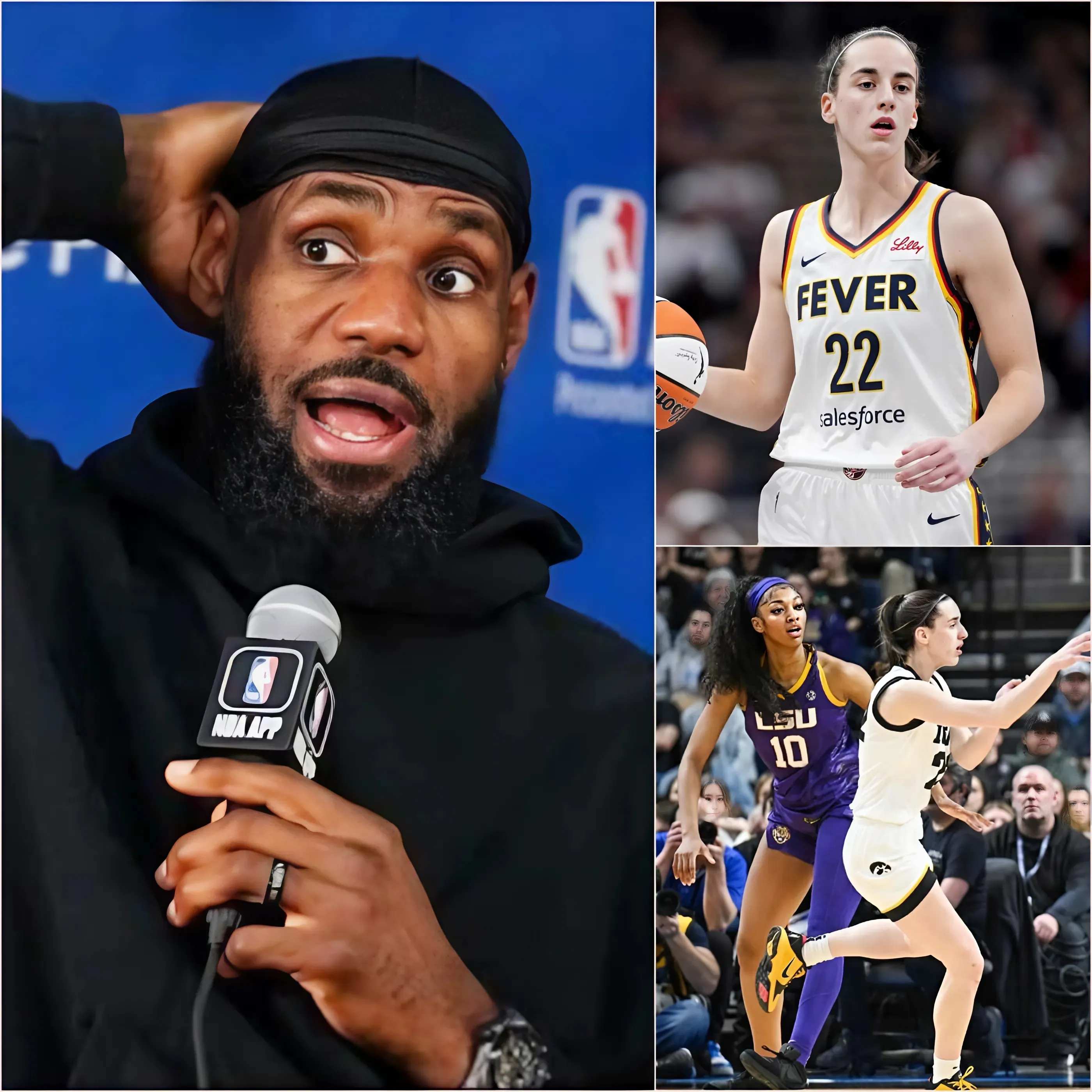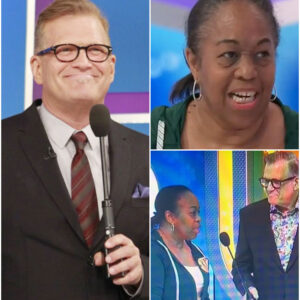Despite being a rookie, Caitlin Clark‘s historic college career has turned her into a media darling. As the heir apparent to the WNBA throne, Clark has received more praise and grace from sports pundits than some of her colleagues. This recognition has extended beyond the court, boosting her endorsements to levels many thought impossible for a WNBA athlete. Recently, Clark inked a multi-year deal with Wilson Sporting Goods, making her the first woman to have a signature line of basketballs since Michael Jordan.

However, just like the ebb and flow of a basketball game, Clark has faced her share of detractors. Carrying the burden of her team’s struggles (15.4 points on 37% shooting, including 32% from 3-point range) for a 1-6 Fever team, she has encountered criticism that goes beyond her game.
In the sports world, it is within bounds to critique a player’s performance. However, many of the criticisms leveled at Clark have not focused on her on-court performance. Instead, they have ranged from juvenile jabs about her appearance to claims that she benefits from societal privileges. This narrative has unfairly forced Black superstars to defend their accomplishments, being wrongfully pegged as her adversaries.
The noise of these narratives reached daytime television and even NBA Mount Olympus, prompting LeBron James to offer Clark some advice. “My advice to Caitlin, and my advice to anyone that comes in with this level of notoriety, out-of-this-world expectation, whatever the case may be, be a horse, man. … The Kentucky Derby. Put your blinders on, go to work, show up to work, punch your clock in, prepare yourself, work on your game, work on your craft,” James said in an episode of “Mind the Game”, his joint podcast with former NBA player and head coaching candidate JJ Redick.
While this was a surface-level response, James speaking positively of Clark should not be taken lightly. James is one of the few people on earth who can truly understand Clark’s current position. We all know James’ story from high school phenom to the self-proclaimed King of the NBA, and we also know that his path to the crown was marred by critics who questioned everything from his social circle to his family life.
By continuing to follow the rules of basketball inertia, we can deduce that James’ early arrival as one of the NBA’s faces was met with intense scrutiny. Yet, when media attacks transitioned from his on-court errors to more personal spaces, no player who had previously sat in James’ seat publicly supported him. In many cases, they exacerbated the heat he was already experiencing.
The king before LeBron, Michael Jordan, made it clear prior to James being selected with the No. 1 pick in the 2003 NBA Draft that he didn’t believe a teenager could be a franchise player. “He may think he’s great enough to be on this level now,” Jordan said at the time. “But when he gets on this level and plays against guys who’ve been competitive and very good on this level, he’s going to find it’s a big difference from that 5-foot-10 high school kid.”
This kind of critique, coming from one of the greatest of all time, only added to the pressure James faced. Today, James’ support for Clark represents a significant departure from the tradition of tearing down rising stars.
Kareem Abdul-Jabbar admits he was frosty to James for far too long as well. “LeBron said we don’t have a relationship. He’s right — and for that I blame myself,” Abdul-Jabbar wrote when James broke his scoring record. “Not for anything I did, but perhaps for not making more of an effort to reach out to him. … That disconnect is on me. I knew the pressures he was under and maybe I could have helped ease them a bit.”
By publicly embracing Caitlin Clark, James is helping to eradicate professional basketball’s long-running culture of criticism. Instead of perpetuating a toxic cycle, James’ support underscores the importance of mentorship and positive reinforcement. His actions remind us that the sport’s greatest figures can pave the way for future stars by lifting them up rather than tearing them down. This cultural shift could lead to a new era where rising athletes receive the support and guidance they need to thrive, both on and off the court.





